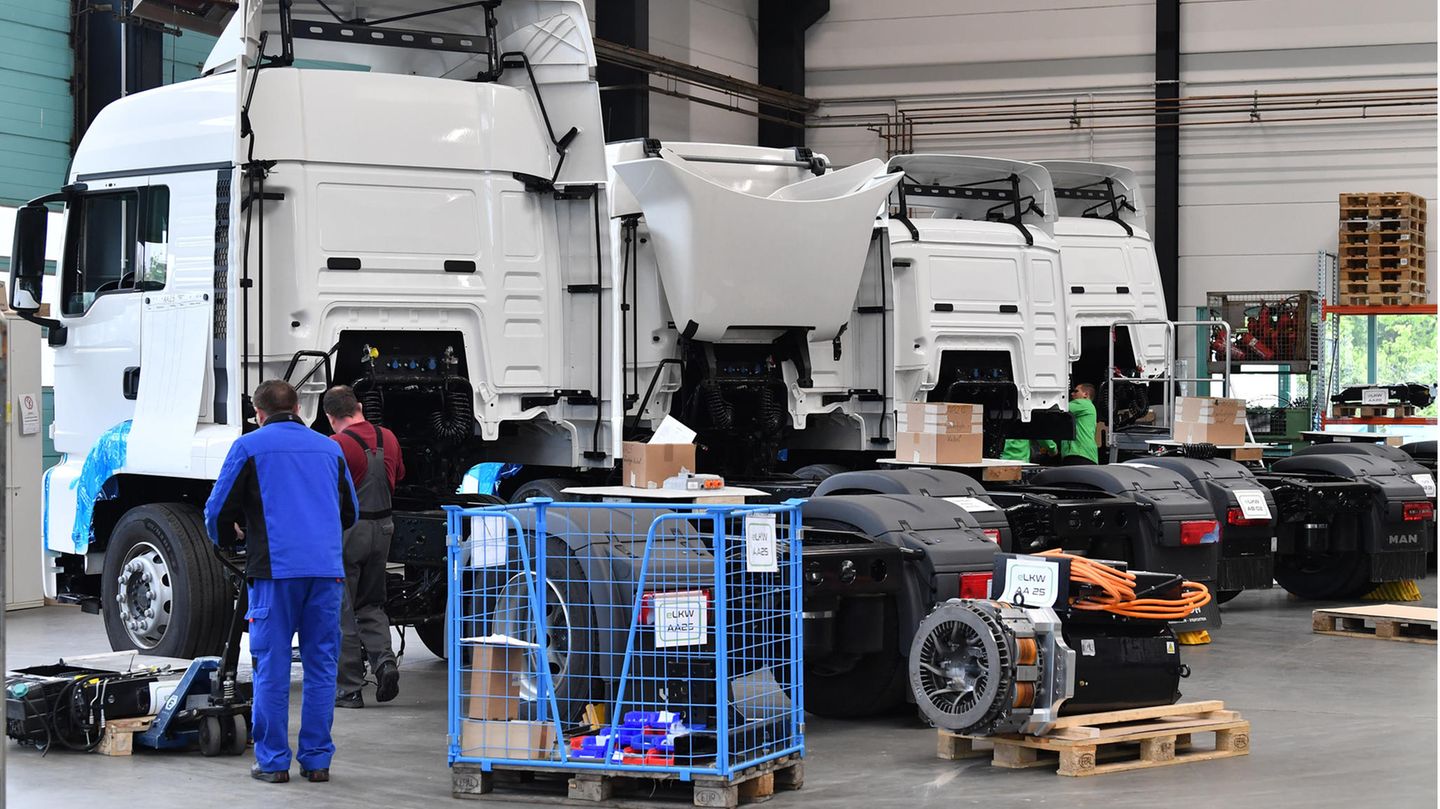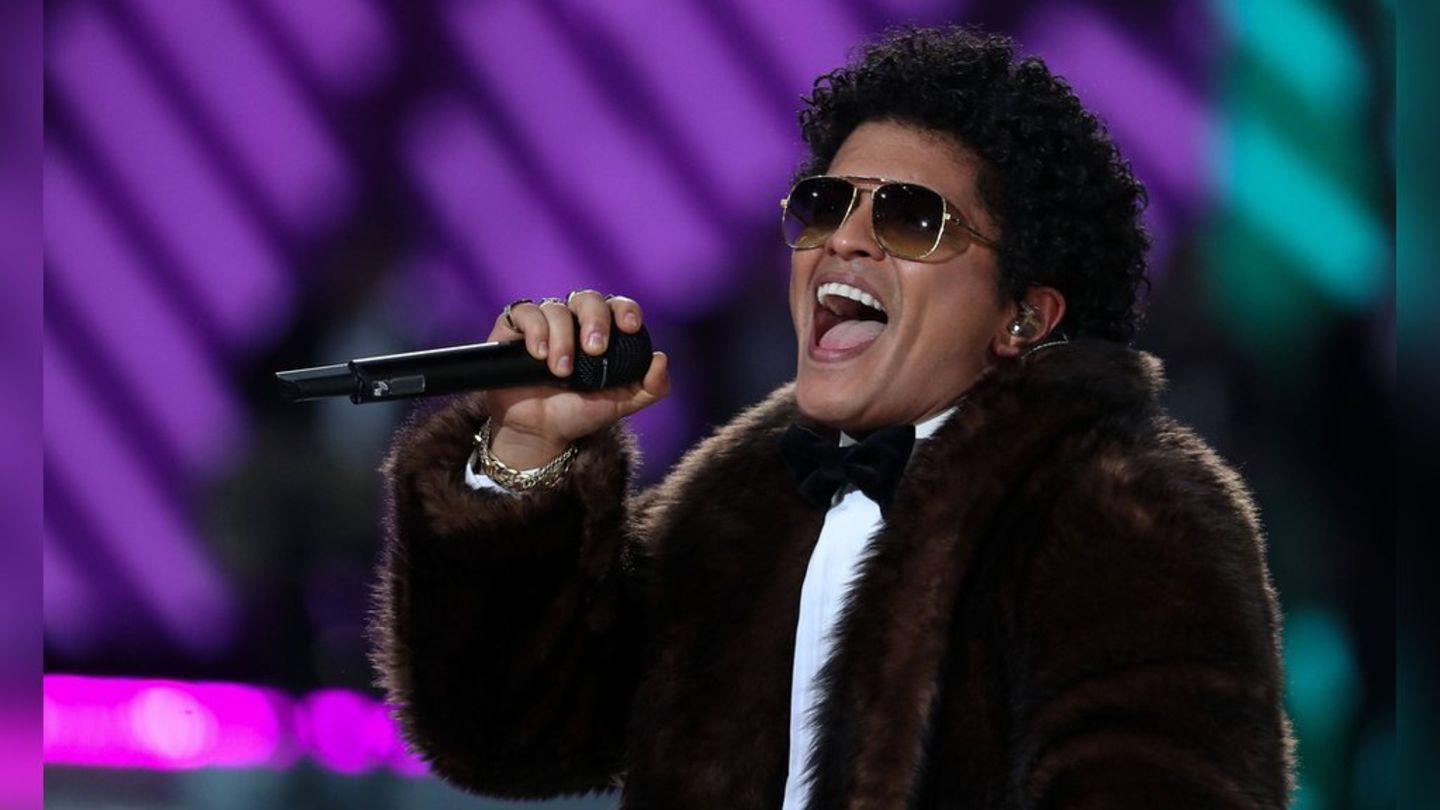Not only cars but also large vehicles such as trucks and buses must be climate-neutral in the future. So far, however, there are hardly any commercial vehicles with alternative drives. The company Pepper Motion therefore wants to turn used trucks into electric vehicles.
The electric car market is booming. Car manufacturers are increasingly developing (fully) electrically powered passenger cars, but commercial vehicles have so far experienced comparatively little change to electromobility; the selection of electrically powered trucks and buses is significantly smaller than that of electric cars.
This is exactly where Pepper Motion wants to start. It has set itself the task of electrifying used diesel commercial vehicles. “We want to convert tens of thousands of trucks and buses over the next few years,” said managing director Andreas Hager to the “Handelsblatt”.
Hager also explained to the medium: “If we don’t electrify the existing vehicles, we have no chance of rotating the fleets.” Because the EU wants to be climate-neutral by 2050, certain emission targets must be achieved by 2030. In order for this to succeed , a good two million alternatively powered commercial vehicles weighing more than 7.5 tons would have to be on the roads by the beginning of the next decade – a quantity that would probably be impossible to achieve.
A study by the management consultancy Bain & Company has shown that the majority of fleet managers in Europe would prefer to purchase electric or hydrogen trucks in three years. “The diesel is gradually becoming a discontinued model,” said Bain partner Jörg Gnamm.
Electromobility: Conversion should be cheaper than buying a new vehicle
The problem: So far, vehicle manufacturers have only had a few electrically powered models on the market. The truck manufacturer MAN, for example, has not produced a single semitrailer in large series. And this is where Pepper Motion comes in with what is known as retrofitting: “We give the used commercial vehicle an environmentally friendly second life as an electric vehicle,” says Hager. That is the “most cost-effective solution”.
For converting diesel trucks, the company, which was once founded from the start-up Intech, offers an electrification kit with a specially developed control unit. Pepper is primarily aimed at companies with large existing fleets, such as transport and freight forwarding companies, which are likely to have problems making the turnaround by 2030. Pepper wants to convert a city bus in six to eight weeks. The range should then be around 250 kilometers.
The company currently offers conversion kits for the Mercedes models Citaro, Actros and Atego. However, vehicle models from MAN and Iveco are to appear in series as electric vehicles from next year.
Although electric vehicles are expensive to buy, Pepper’s conversion is not cheap either at a price of 300,000 euros. However, the company argues that a new diesel bus costs around 815,000 euros over a period of ten years. Thus, the savings are 144,000 euros, with the state subsidy it could even be over 400,000 euros.
Pepper is already converting the vehicles of the first customers in a pilot phase. This year there is talk of dozens of vehicles, next year hundreds. The company plans to sell 1,000 electrification kits a year by 2024, and up to 60 times that number by 2030. According to estimates, sales are also expected to increase significantly. If sales of 14 million are estimated for this year, it should be over one billion euros in 2026.
However, smaller forwarding companies in particular only have little capital available and are skeptical as to whether the conversion is worthwhile. As an alternative, Pepper therefore offers a kind of rental model in which customers pay a price per kilometer.
Increasing interest from investors
The growing interest of large investors shows that the concept could be successful. In addition to the majority owner Friedrich & Wagner Holding, the Hamburg-based family office Lennertz & Co. and the Würth Group have now also joined. The proceeds here are almost 30 million euros.
And just recently, Pepper announced its intention to expand its business into the French market. In cooperation with REV Mobilities, the company is planning to convert around 5,000 buses and trucks there. It has also founded a subsidiary in Austria. Pepper also has sales locations in Poland and Italy.
Sources: ,
Source: Stern
I am a 24-year-old writer and journalist who has been working in the news industry for the past two years. I write primarily about market news, so if you’re looking for insights into what’s going on in the stock market or economic indicators, you’ve come to the right place. I also dabble in writing articles on lifestyle trends and pop culture news.




